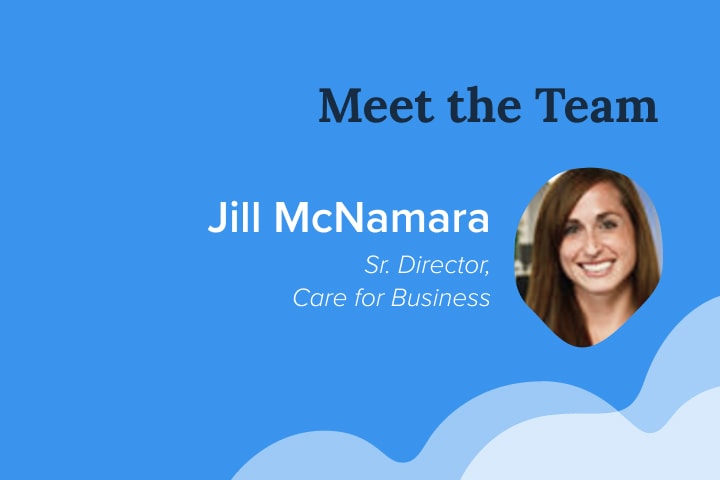There are currently 5.8 million Americans living with Alzheimer’s disease according to the Centers for Disease Control and Prevention (CDC). Yet, there are still many major misconceptions that patients, loved ones, caregivers, and doctors are confronted with daily. We consulted several Alzheimer’s and dementia experts—both with medical and personal experience—to set the record straight. Here are some of the most common myths they hear on a regular basis as well as actual dementia and Alzheimer’s facts.
1. All Alzheimer’s cases are genetic. The truth: A common misconception is that family members of an individual with Alzheimer’s should worry that they, too, will get this form of dementia. Although 50% of cases have a genetic link, or a 50% chance of a parent passing it on to his or her child, this is not set in stone, according to Dr. Paul E. Kaloostian, a neurosurgeon and diplomat of the American Board of Neurological Surgery in California. “Just because you have a family member that has Alzheimer’s does not mean you will get it,” he says. Susan London, a licensed master social worker and director of social work at Shore View Nursing and Rehabilitation Center in Brooklyn, New York, adds that regardless of your family history, living a longer life is associated with an eventual diagnosis. According to the Alzheimer’s Association, the risk of Alzheimer’s doubles every five years after 65. And the risk reaches nearly one-third after 85.
2. Alzheimer’s is not deadly. The truth: Alzheimer’s is actually the sixth leading cause of death in America. “While the actual neurological impairments Alzheimer’s causes are not direct causes of death, they do lead to increased risk of death,” says Dr. Christine Bishara, an internal medicine physician in New York City. Death in Alzheimer’s patients is usually the result of secondary factors, like forgetting to eat or drink (which leads to dehydration), infections, and aspiration pneumonia, explains Bishara. She says this misconception comes from the fact that Alzheimer’s is mainly a disease diagnosed in older adults, so there are frequently concurrent conditions associated with those who have it, which may take the blame.
3. Prescription drugs can reverse Alzheimer’s disease. The truth: The current medications that are used for Alzheimer’s dementia, such as Aricept and Namenda, can, at best, slow down the progression of the disease, says Dr. Lenny Cohen, a neurologist in Chicago. Bishara believes this myth stems from a misunderstanding of how the medications work because they temporarily—but not permanently—improve symptoms. “The medications currently available for Alzheimer’s work by allowing certain neurotransmitters, such as acetylcholine, and chemicals in the brain to be broken down more slowly, thus increasing these levels in the brain,” she notes. Prescribed medications can also help with controlling some of the common symptoms associated with Alzheimer’s, such as agitation, or aid with memory by helping nerve cells transmit signals, Bishara adds. But they won’t entirely curb progression of the disease.
“I compare patients in advanced stages of dementia to 2-year-old kids whose brains did not develop yet. In the case of AD, their brain unfortunately is affected dramatically, but patients can still process information.”
– Dr. Lenny Cohen, Neurologist
4. People with Alzheimer’s don’t know what’s going on around them. The truth: Even in advanced stages, patients can feel emotions, even though they commonly are unable to express themselves, says Cohen. “I compare patients in advanced stages of dementia to 2-year-old kids whose brains did not develop yet,” he notes. “In the case of AD, their brain unfortunately is affected dramatically, but patients can still process information.” He believes this myth is based on assumptions about patients with severe dementia who do have trouble processing information. “The natural human, ‘knee-jerk reaction’ is that problems with processing information are equal to lack of awareness,” he says.
To read the full article, please click here: https://www.care.com/c/alzheimers-disease-myths-busted/
For support, contact a Senior Care Advisor at Care.com. We are master’s-level social workers specializing in adult and senior care. Call us today at (855) 781-1303 x3 or email questions to careplanning@care.com.






